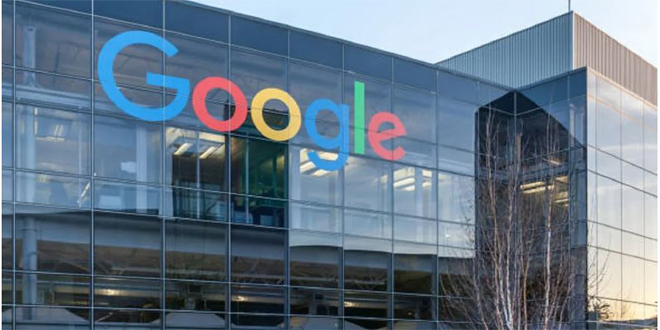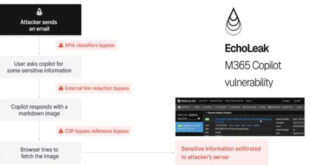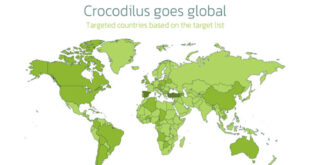Google and Facebook have announced plans to block Canadian news on their platforms in response to a new law that would require them to pay local news publishers.
The law, called Bill C-18 or the Online News Act, was passed by the Canadian government last month. It would force online platforms like Google and Facebook to negotiate deals with news publishers and pay them for their content.
Google has said that it believes the law is “unworkable” and that it will “unfortunately” have to remove links to Canadian news from its Search, News, and discover products in Canada when the law takes effect in about six months.
ALSO READ:
Meta stops news post & sharing in Facebook, Instagram in Canada
Facebook has made a similar announcement, saying that it will “end news availability” in Canada if the law is not amended.
The Canadian media industry has called for tighter regulation of internet giants like Google and Facebook, arguing that they have gained a greater share of the online advertising market in recent years, at the expense of news businesses.
The independent budgetary watchdog in Canada estimated last year that news businesses could receive about C$330 million ($249 million) per year from deals mandated under the legislation.
The Canadian government has said that it is open to consulting with Google and Facebook on the regulatory and implementation process of the law, but has pushed back against suggestions to make changes to the legislation.
Google has said that it would be willing to pay for news content, but only if it is displayed on its platforms in a way that is consistent with journalistic standards.
The company has also argued that the law is broader than those in Australia and Europe, saying it puts a price on news story links displayed in search results and can apply to outlets that do not produce news.
It remains to be seen what the impact of Google and Facebook’s decision to block Canadian news will be. However, it is clear that the two companies are not happy with the new law and are willing to take drastic measures to oppose it.
 InfoSecBulletin Cybersecurity for mankind
InfoSecBulletin Cybersecurity for mankind














